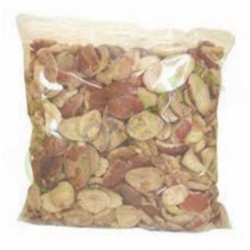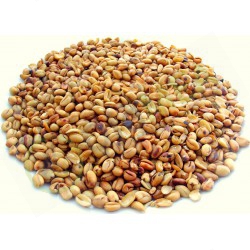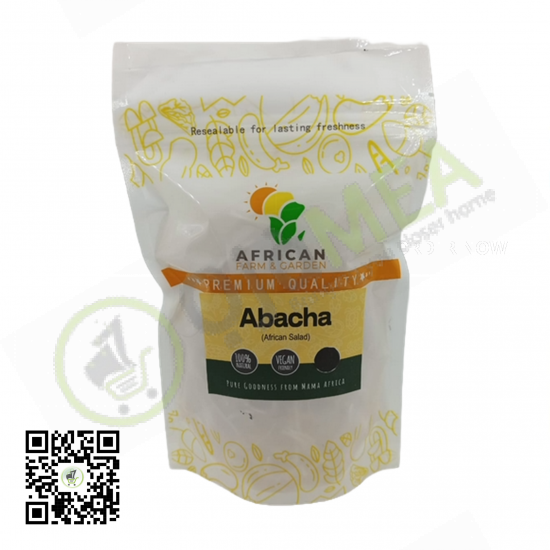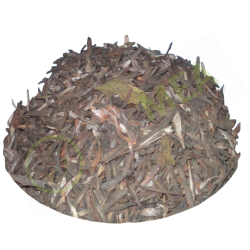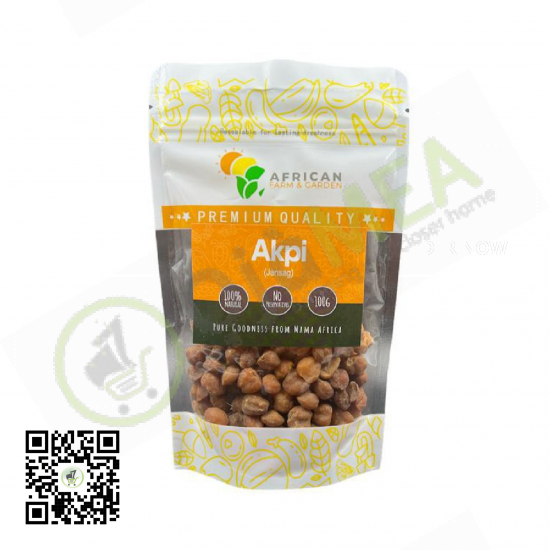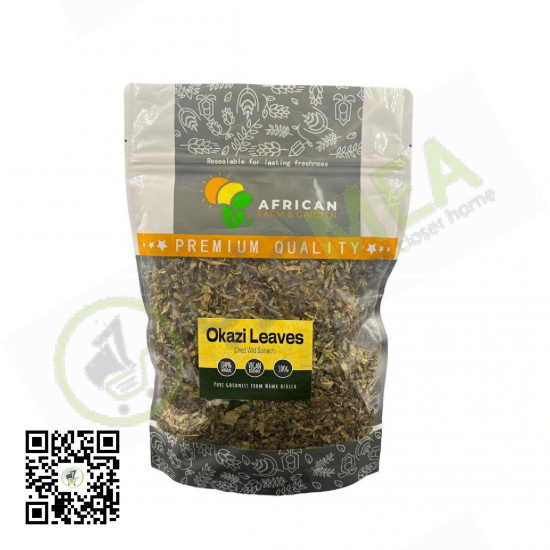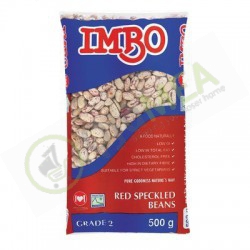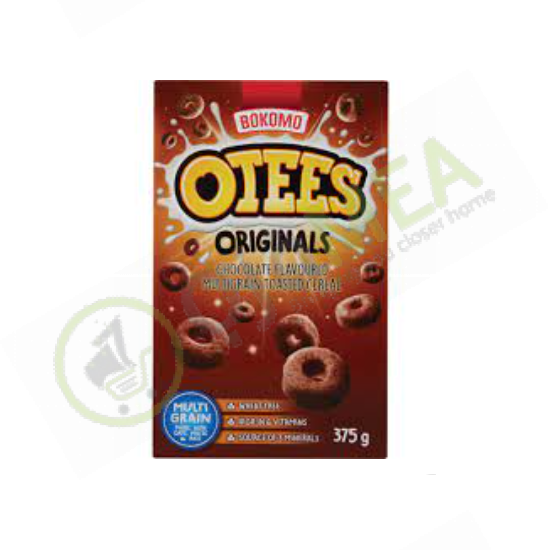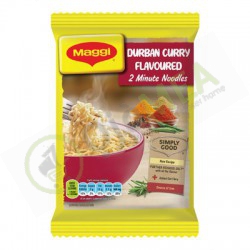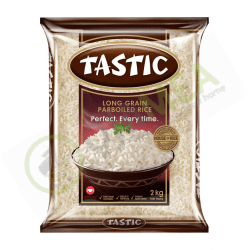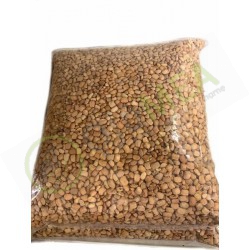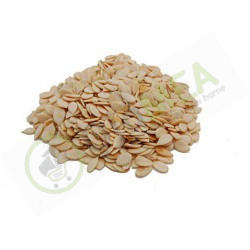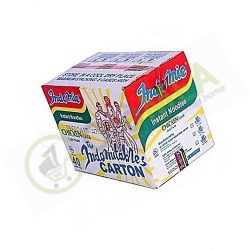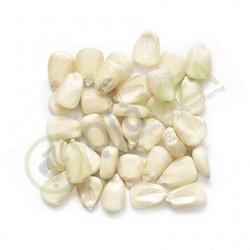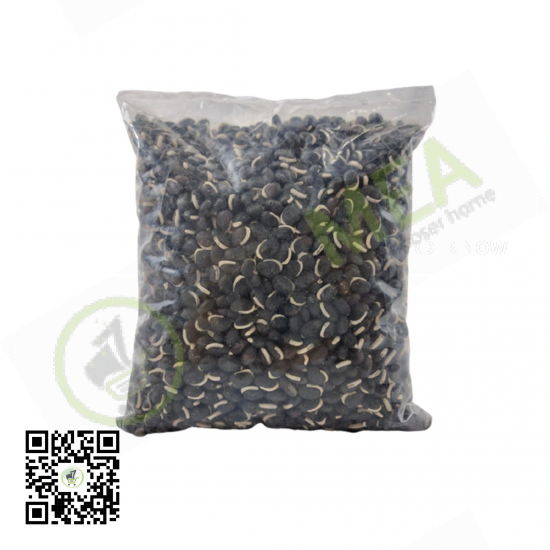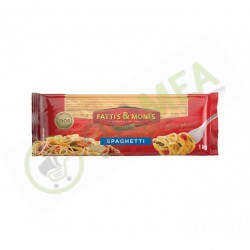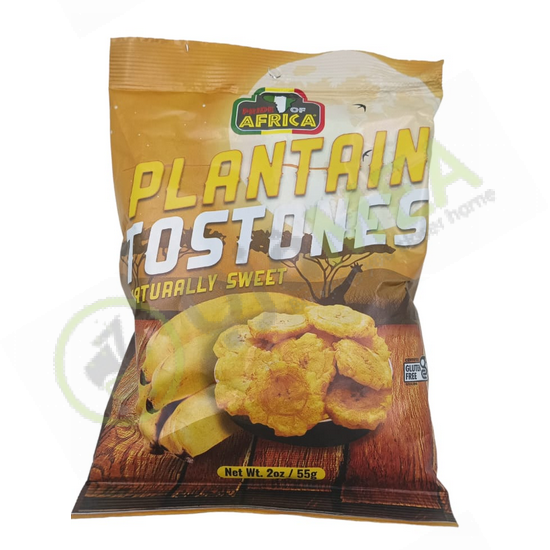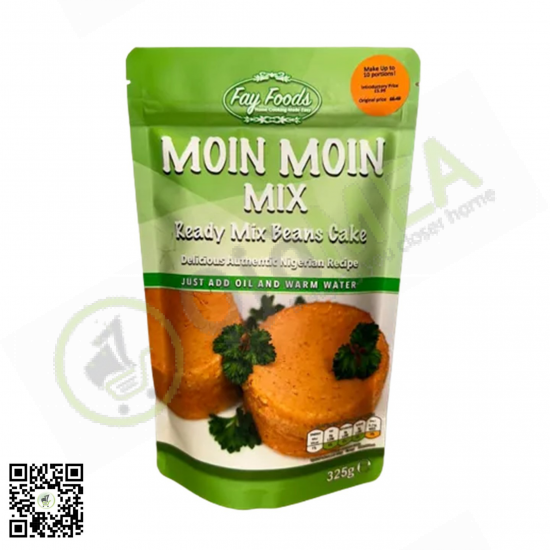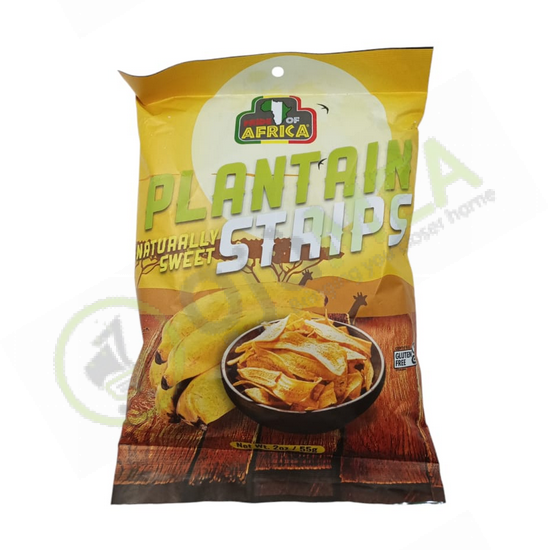Honeywell Wheat 1kg
error Your review appreciation cannot be sent
feedback Report comment
check_circle Report sent
error Your report cannot be sent
Write your review
check_circle Review sent
error Your review cannot be sent
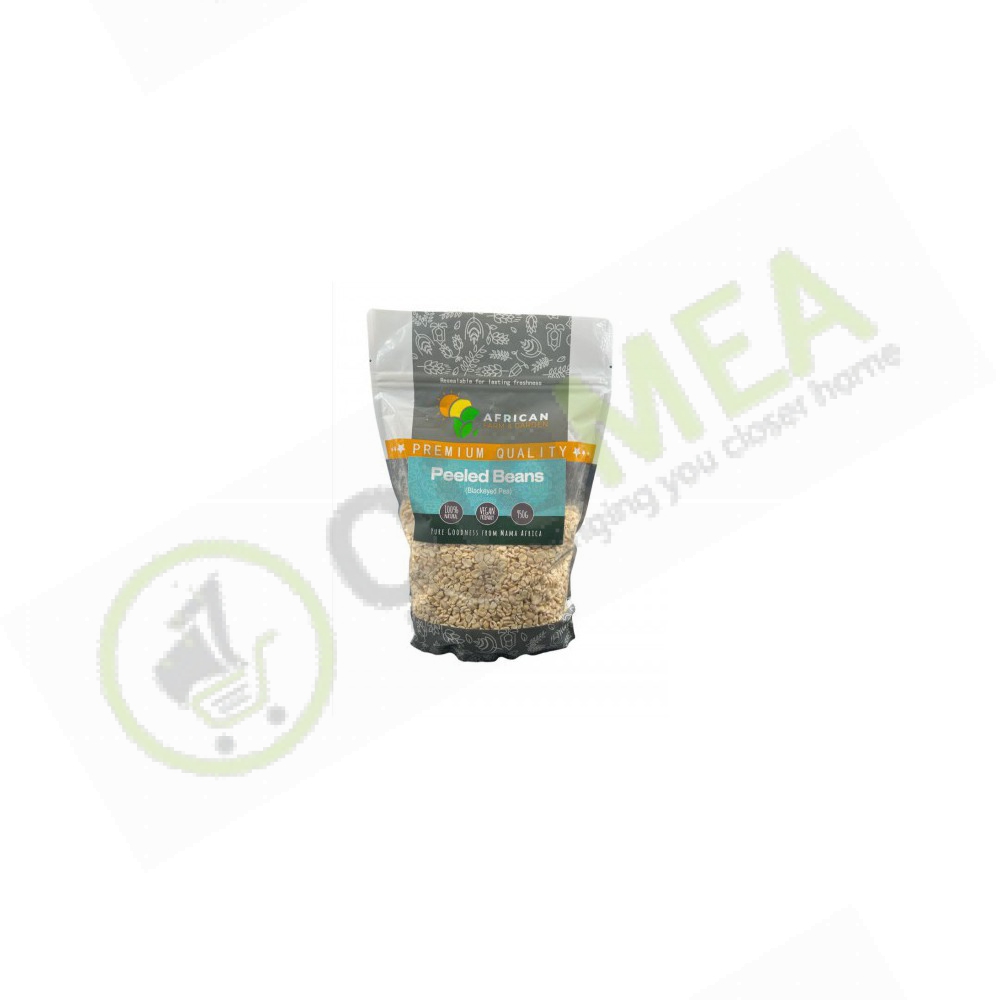
Authentic premium beans
Related Products
Abacha 150 g by African Farm & Gardens
Enjoy the taste of West Africa with Abacha by African Farm & Gardens. This 150g pack offers authentic African flavors, featuring carefully shredded and sun-dried cassava that is a staple in traditional Nigerian cuisine. Versatile and easy to prepare, this gluten-free delight can be enjoyed as a savory snack or transformed into a delicious African salad with your choice of spices and toppings. Perfect for those craving an exotic, wholesome, and memorable culinary experience. Discover the rich heritage of Africa with every bite!
Ugba 50g by African Farm & Gardens offers a taste of Eastern Nigeria with its shredded oil bean, fermented to perfection.
A must-have for authentic African salads like Abacha.
Jansag (AFG Akpi) 100g
The rich, nutty flavors of Jansag's AFG Akpi seeds, are a culinary treasure known for their unique taste and nutritional benefits. Sourced from the best quality Akpi seeds, this 100g pack is perfect for enhancing your culinary creations, adding a gourmet touch to sauces, soups, and traditional dishes. Renowned for its versatility and aromatic profile, AFG Akpi is a must-have for food enthusiasts and adventurous cooks alike. Elevate your cooking with the distinctive taste of Jansag Akpi seeds, where quality meets authenticity in every bite.
Okazi Leaf (Dry) 70g
The AFG Okazi Leaf (Dry) 70g – a versatile and essential ingredient for your culinary adventures. Harvested from the finest okazi leaves, this product delivers an authentic taste and rich aromatic flavor that enhances a variety of dishes. Perfect for soups, stews, and traditional African recipes, these premium dried leaves are carefully selected and preserved to ensure maximum freshness and quality. Add a touch of authenticity and elevate your meals with the natural goodness of AFG Okazi Leaf. Easy to use and store, it’s a must-have in every kitchen pantry.
Bokomo Otees Oat Pops Chocolate 375g
Maggi 2 minute noodles durban curry flavour delivers the great taste your family will love, making them South Africa's number noodle. Maggi noodles are fortified with iron and prepared with the finest ingredients like sunflower seed oil and oat fibre to ensure we deliver the best noodle eating experience for you and your family.
Tastic Parboiled Rice is specially selected from the world’s best quality rice: long grain, unbroken, clean and white. Tastic is guaranteed to always cook up separate, fluffy and white, giving you fantastic meals that are perfect. Every time.
Brown beans seed 1 kg from Nigeria . Great for making plain boiled beans or beans porridge, Moin Moin or Akara.
jumping jack popcorn white cheddar big packet
Egusi seed is water melon seed used to prepare this Nigerian soup for an intercontinental taste.
Indomie Instant Noodles Chicken Flavour 70g
Njai Beans 1 pack
A single pack of premium-quality beans is perfect for elevating your mealtime experience. Sourced from sustainable farms, these beans are not only rich in flavor but also packed with nutritional benefits. Whether you're preparing a hearty chili, a refreshing salad, or a comforting soup, Njai Beans are the versatile ingredient your kitchen needs. Enjoy the taste of freshness in every bite and the convenience of a product you can trust. Bring home Njai Beans today and taste the difference!
Related Products By Brand
Pride of Africa Plantain Tostones - Naturally Sweet 55g
Moin Moin Mix 325g
Savor the authentic flavors of Nigerian cuisine with Fay Foods' Moin Moin Mix 325g. Perfect for those who crave traditional flavors with modern convenience, this ready-to-use mix brings you the rich and savory essence of Moin Moin, a beloved West African bean pudding. Crafted from select wholesome ingredients, it ensures a delightful and nutritious meal in minutes. Whether you're a seasoned cook or new to African cuisine, Fay Foods' Moin Moin Mix makes it easy to enjoy a dish that's both classic and comforting. Just add water, and steam, and savor the taste of tradition.
Pride of Africa Plantain Strips - Slightly Salted 55g
Made from the finest hand-selected plantains and lightly seasoned with a hint of salt, our Pride of Africa Plantain Strips offer the authentic taste of Africa. These crispy, golden strips deliver a satisfying crunch with every bite. Perfect for snacking on the go or adding a delightful twist to your favorite recipes. Enjoy the natural goodness and vibrant flavors in a convenient 55g pack. Treat yourself to a taste of tradition today!







